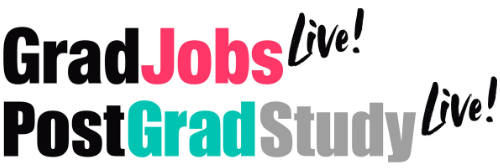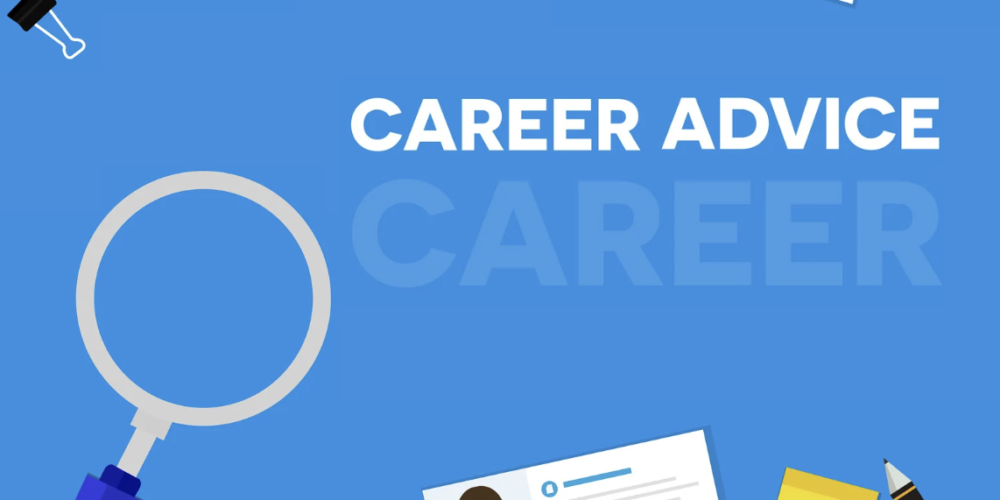How to succeed at interviews using the STAR technique
- 29/08/2023
- Debbie Mendoza
- Career Advice
It is all well and good knowing what qualities you need for a position, but in an interview you need to show that you are a master of them. A common error can be simply saying “I am good at this” without showing why. Anton Morozov, Co-Founder of Interview Bull gives some tips…
If it helps, think about what you’re saying in an interview as if you were writing an essay or concluding a project, giving a list of unsupported statements and conjectures will get you nowhere.
You need to back up your claims with evidence and examples; you need to be concise and avoid ambiguous language and you need to anticipate any criticisms. This will allow you to make the strongest possible claim or argument.”
In a competency-based interview, the questions will be set by a framework of skills and qualities that are desirable for the position. For example, if you’re interviewing for a marketing position you will be required to show off you problem-solving skills and in customer services you will need to demonstrate your conflict management skills.
The interviewer will invite you to tell them a story, starting the questions off with a: “Tell me about a time when…” At first glance you might think that this makes the interview much easier, but like with an essay or project your answer must be structured and effective. In the heat of the moment and under the gaze of the interviewer it’s easy to miss out details or waffle on about irrelevant facts.
How do you make sure you aren’t found doing this? It’s simple, use the STAR format
How to Structure Your Answers: S.T.A.R.
| S – Situation | Provide context to the example; explain the role you played in the scenario. |
| T – Task | Clearly state the objective you or your team had, explaining whether the challenge was set by another or if it was a self appointed goal. |
| A – Action | This is all about what you did. Use first person pronouns and verbs to specify what you did towards achieving the tasks you mentioned previously. At least what half of what you say has to be directly aimed at explaining the action you took, the reasoning that informed your decision to do what you did, and the skills you employed to turn the plan into a reality. |
| R – Result | Mention the outcome, ideally quantitatively, referring to the tasks you or your team set. Saying something like “the sales strategy I suggested was implemented and had a great knock on effect” isn’t attention grabbing. Saying “my change led to a 10% rise is profits” is more memorable and concise, as well as being easier to judge in a quantifiable way.
Obviously, it’s good if you can give an example were the outcome was exactly what you’d been hoping for, but any reasonable employer will understand that this isn’t the case. Even in failure you can talk about what you have learned and what you would do to be successful next time. |
DO NOT: talk generically about the Action. E.g. Leadership/Team Work – “I had a discussion and then we agreed what to do.” You can bring this to life by saying “I said to the team, ‘why don’t we talk about the areas one by one and write down the pros and cons’”. This shows the interviewer that you were actually in that situation and how you interacted in the group. Bringing specific detail to your answers also provides interest to the listener as it clearly properly paints a picture of what happened, rather than giving a vague outline.






